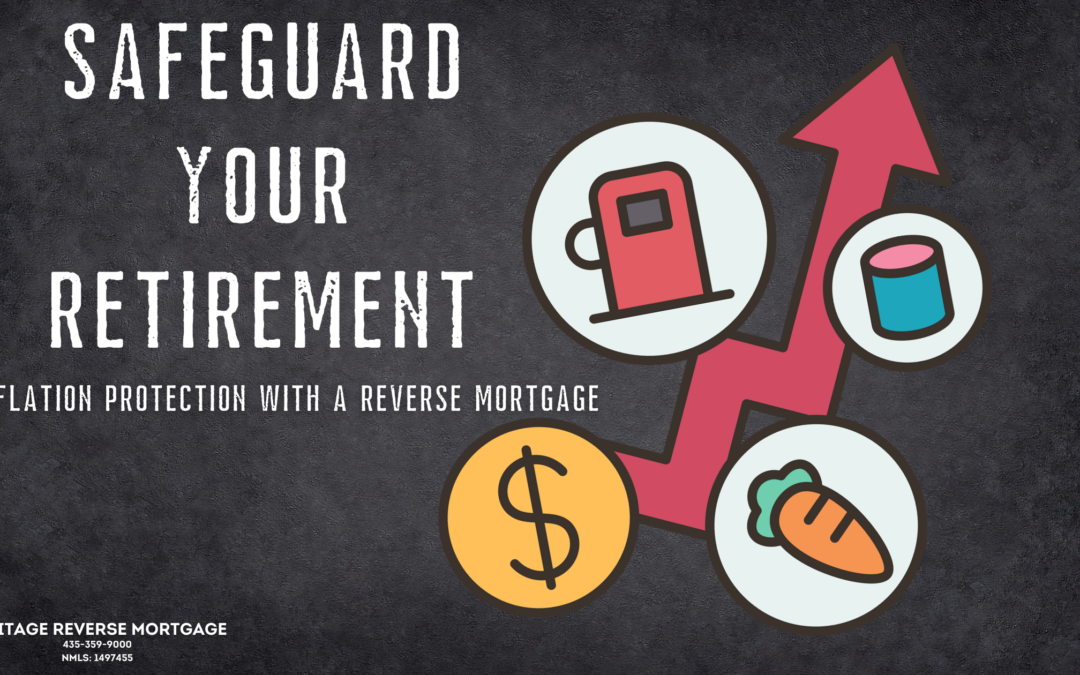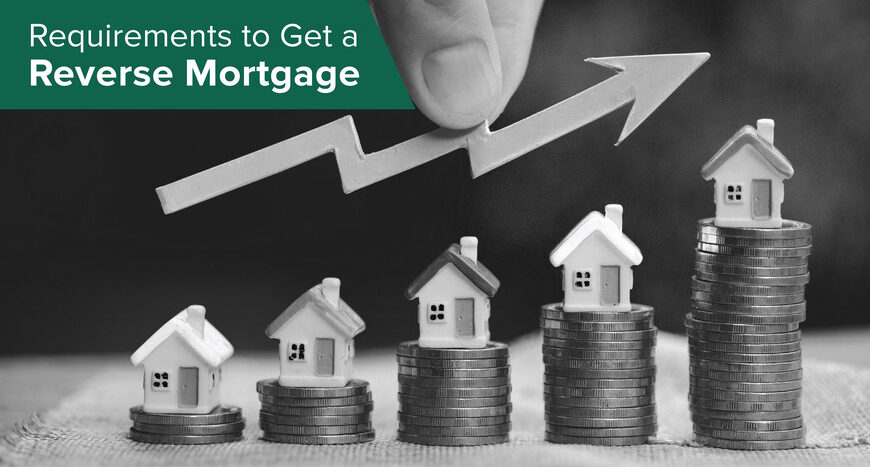Empower Your Retired Life: The Smart Method to Acquisition a Reverse Home Loan
As retirement strategies, lots of individuals look for effective methods to enhance their monetary self-reliance and well-being. Amongst these strategies, a reverse home mortgage becomes a sensible choice for home owners aged 62 and older, enabling them to use their home equity without the need of regular monthly settlements. While this monetary device provides numerous benefits, including raised capital and the potential to cover necessary expenses, it is vital to comprehend the complexities of the application procedure and vital considerations included. The following steps might reveal exactly how you can make an educated decision that might dramatically impact your retired life years.
Recognizing Reverse Home Mortgages
Recognizing reverse mortgages can be essential for house owners looking for economic adaptability in retired life. A reverse home loan is an economic item that permits qualified house owners, typically aged 62 and older, to convert a portion of their home equity into cash. Unlike conventional home loans, where consumers make month-to-month repayments to a loan provider, reverse home loans allow property owners to receive settlements or a round figure while keeping ownership of their residential property.
The quantity offered through a reverse home mortgage relies on a number of elements, including the homeowner's age, the home's worth, and present rate of interest. Notably, the lending does not have to be settled up until the homeowner markets the home, moves out, or passes away.
It is crucial for prospective customers to recognize the ramifications of this financial item, including the influence on estate inheritance, tax factors to consider, and continuous responsibilities connected to home maintenance, tax obligations, and insurance. Furthermore, counseling sessions with certified specialists are typically required to make sure that borrowers completely understand the conditions of the loan. On the whole, a complete understanding of reverse mortgages can encourage property owners to make enlightened decisions concerning their monetary future in retired life.
Benefits of a Reverse Home Mortgage
A reverse home loan supplies several engaging advantages for eligible house owners, specifically those in retirement. This monetary device allows senior citizens to transform a section of their home equity into money, giving important funds without the requirement for month-to-month mortgage repayments. The cash gotten can be used for various functions, such as covering clinical expenditures, making home renovations, or supplementing retirement income, therefore improving general economic adaptability.
One significant advantage of a reverse mortgage is that it does not require payment up until the property owner moves out, markets the home, or passes away - purchase reverse mortgage. This function allows retired people to keep their lifestyle and meet unexpected costs without the concern of monthly payments. Additionally, the funds received are commonly tax-free, allowing homeowners to utilize their cash money without anxiety of tax obligation effects
Moreover, a reverse home loan can supply peace of mind, knowing that it can act as a financial safeguard throughout difficult times. Property owners also retain possession of their homes, guaranteeing they can continue staying in an acquainted atmosphere. Eventually, a reverse mortgage can be a strategic economic source, empowering senior citizens to handle their finances effectively while appreciating their golden years.
The Application Process
Browsing the application process for a reverse home mortgage is a crucial step for homeowners considering this economic choice. The initial stage involves evaluating qualification, which normally requires the home owner to be a minimum of 62 years of ages, very own the residential or commercial property outright or have a reduced mortgage equilibrium, and occupy the home as their key residence.
As soon as eligibility is validated, property owners have to go through a therapy session with a HUD-approved counselor. This session makes sure that they fully comprehend the implications of a reverse home loan, consisting of the obligations included. purchase reverse mortgage. After completing counseling, candidates Our site can proceed to collect required paperwork, including proof of income, possessions, and the home's worth
The following step involves sending an application to a lender, who will certainly assess the monetary and property certifications. An assessment of the home will certainly also be carried out to establish its market worth. If approved, the loan provider will certainly offer loan terms, which ought to be examined meticulously.
Upon acceptance, the closing process complies with, where final documents are signed, and funds are disbursed. Comprehending each stage of this application procedure can dramatically enhance the property owner's confidence and decision-making relating to reverse home loans.

Secret Factors To Consider Before Acquiring
Getting a reverse home loan is a considerable financial decision that calls for mindful factor to consider of a number of essential factors. Comprehending your eligibility is crucial. Home owners need to be at least 62 years of ages, and the home should be their primary house. Examining your monetary needs and objectives is similarly important; establish whether a reverse home loan aligns with your lasting strategies.

In addition, assess the effect on your present way of life. A reverse home mortgage can influence your qualification for sure government benefits, such as Medicaid. Look for professional guidance. Consulting with a monetary consultant or a real estate therapist can give like this valuable insights tailored to your individual situations. By extensively reviewing these factors to consider, you can make an extra enlightened choice regarding whether a reverse home loan is the best financial strategy for your retirement.
Maximizing Your Funds
As soon as you have protected a reverse home mortgage, effectively managing the funds becomes a concern. The versatility of a reverse home mortgage permits house owners to make use of the funds in various means, yet strategic preparation is vital to optimize their advantages.
One vital method is to produce a budget plan that details your monthly expenditures and economic objectives. By identifying necessary expenses such as medical care, real estate tax, and home maintenance, you can allot funds as necessary to ensure long-term sustainability. Additionally, think about utilizing a portion of the funds for financial investments that can generate income or appreciate with time, such as common funds or dividend-paying stocks.
One more vital aspect is to check my site preserve an emergency situation fund. Setting apart a get from your reverse mortgage can assist cover unanticipated costs, offering comfort and economic stability. Additionally, seek advice from an economic advisor to check out possible tax obligation ramifications and just how to integrate reverse home mortgage funds into your general retired life strategy.
Eventually, sensible monitoring of reverse home mortgage funds can boost your economic security, allowing you to enjoy your retirement years without the tension of financial uncertainty. Careful planning and informed decision-making will ensure that your funds work effectively for you.
Conclusion
In conclusion, a reverse mortgage offers a viable economic strategy for seniors looking for to boost their retired life experience. By transforming home equity into available funds, individuals can deal with necessary costs and safe extra monetary resources without incurring month-to-month settlements. Cautious factor to consider of the linked implications and terms is essential to maximize advantages. Eventually, leveraging this financial device can help with better freedom and boost general lifestyle throughout retirement years.
Recognizing reverse mortgages can be vital for homeowners seeking monetary adaptability in retirement. A reverse home mortgage is a financial product that permits qualified property owners, commonly aged 62 and older, to convert a part of their home equity into cash. Unlike standard mortgages, where customers make month-to-month payments to a loan provider, reverse home loans make it possible for property owners to get settlements or a swelling sum while keeping possession of their home.
On the whole, a thorough understanding of reverse mortgages can empower property owners to make educated decisions about their financial future in retirement.
Consult with a financial advisor to explore feasible tax obligation effects and just how to incorporate reverse home loan funds right into your general retirement strategy.